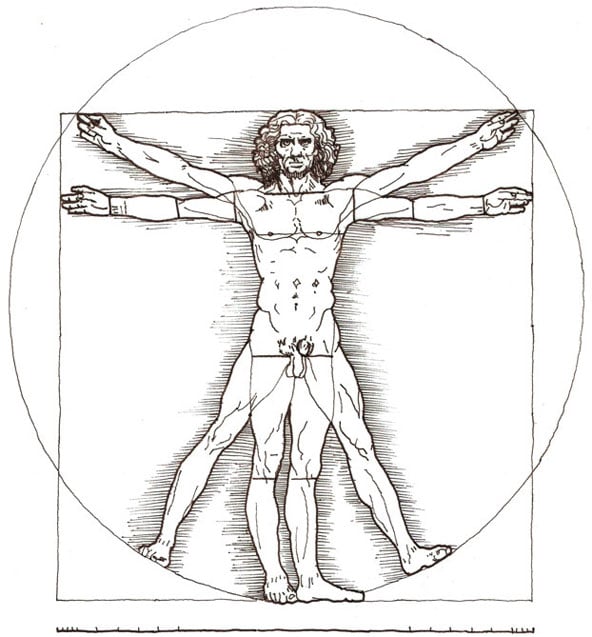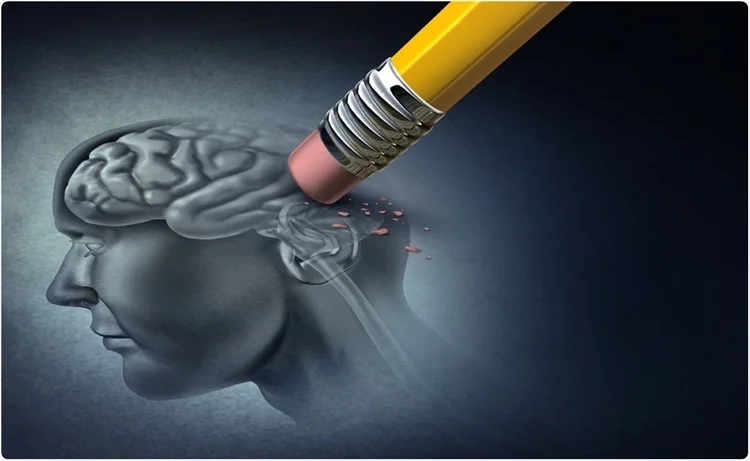My wife put her studies on hold while I completed my PhD in cancer biology to take care of our son, but is now on the verge of getting her art history degree! One of her current classes is discussing the role of technology in art, and she stumbled across this older article that addresses the field of "bio-art," or art that represents a crossover between art and the biological sciences. I never really considered this as a contemporary art form, but I guess, separate from the illustrators or photographers who produce content for textbooks and science magazines, as well as the graphic designers who make the signal transduction diagrams and informational graphics for our references, bioscience has advanced to a point where we can manipulate cells in culture and living organisms to produce works of art that could be easily recognizable or more abstract. Since we are talking about living tissues being employed in the display of art, there are ethical considerations in play that we will explore in this article.
Everywhere I've been in school or at work, there has been at least one session about ethics, whether it was a semester long course, a small retreat, or just a statement in passing for the company to cover their legal obligations. I'd like to think of myself as someone who wants the best for everyone he encounters, and try to live my life based on acceptance and collaboration so we can achieve common goals for the greater good. Because people come from diverse backgrounds with different upbringings, it is hard to distill ethics and values into a simple set of parameters, but I also think that in general, most people know what is right and what is wrong.
Vetting Your Sources: Confirming the Veracity of Reports and Data
Throughout graduate school and even now, I’ve relied on Wikipedia as a valuable resource for quick information. My mentors and teachers have cautioned me against actually citing Wikipedia articles, but often these articles will show up as top searches on Google, and their listed references lead to published scientific articles so I could always go back to the original source and see the data and conclusions for myself. The fact that Wikipedia is free and freely edited makes it prone to fictionalization, which reminds us of the importance of corroborating whatever we read with third-party sources and our own experiences.
Potential Fraud and the Need For Vigilance in Scientific Review
I will admit that I am not a neuroscientist, having focused my research on immunology and cancer cell biology, but I’ve always been aware of Alzheimer’s Disease and the quest for better treatments and an eventual cure. It is because I am not a neuroscientist that I rely on the word of purported experts in the field who have dedicated their careers to finding these answers. There are various caveats like the level of journal the research is published in, the quality of the images (at least to the naked eye), the number of times the research is cited, and the known reputation of the authors, that help to determine the level of trust one can put into the finding. Yet, we find that some things still might slip through the cracks, and this reminds us that we need to scrutinize data more thoroughly to hold each other accountable and maintain trust in science.







